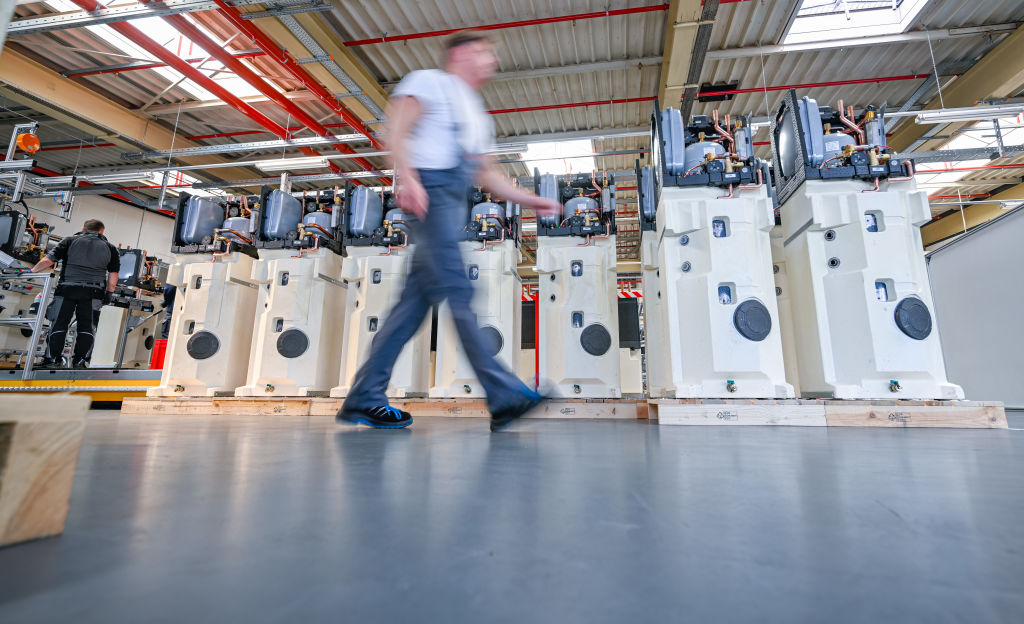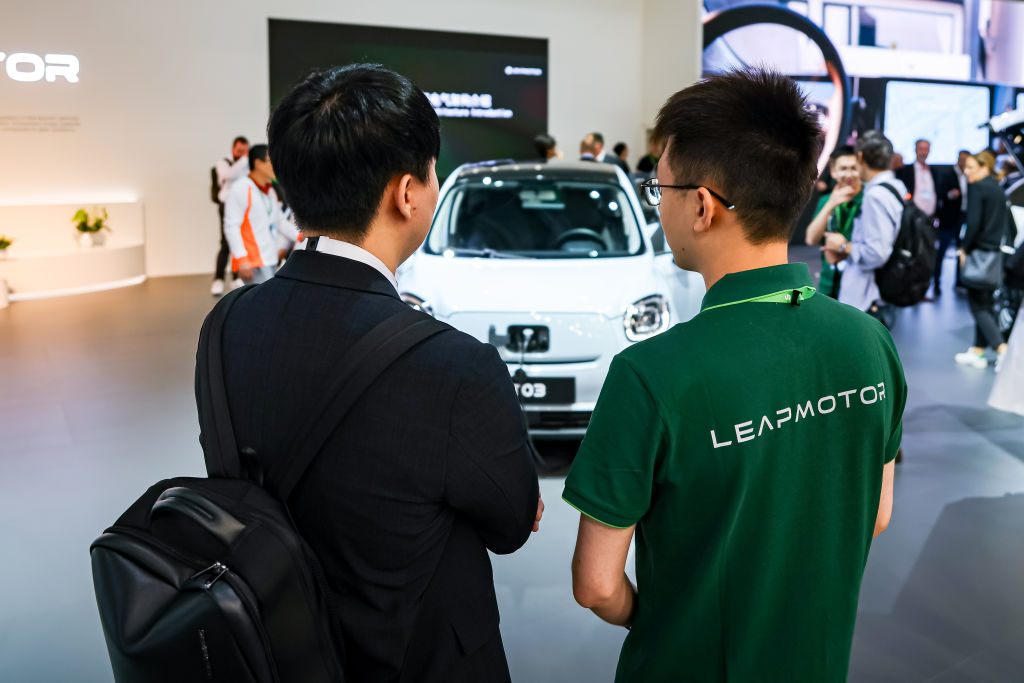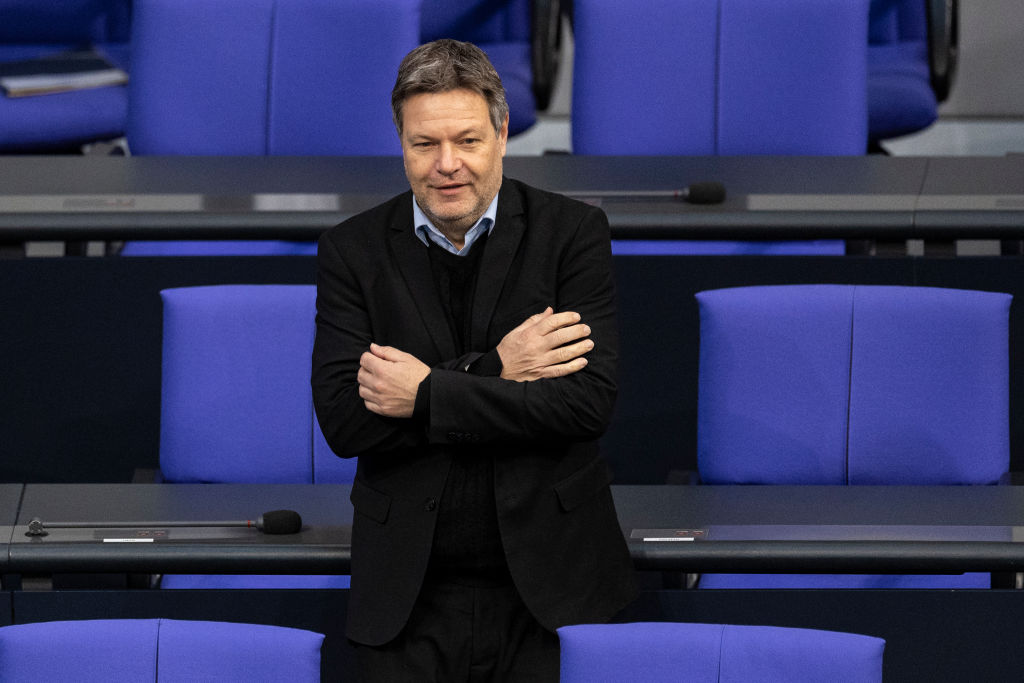The European Union should celebrate the influx of “free” Chinese electric vehicles into the bloc, a senior German economist has claimed.
Professor Clemens Fuest, president of the respected Munich-based ifo Institute, made the remark at the launch of a report by the think-tank warning of the dangers a “fragmented” world economy would pose to the European Union.
According to Feust, rising “economic nationalism” worldwide poses a threat to the EU single market. The newly released report advises Brussels to fight to prevent “fragmentation” of the world economy.
In particular, he warned against the imposition of subsidies and tariffs aimed at the promotion of EU goods, including electric vehicles (EVs), saying that such measures would likely cause more harm than good to the European economy.
He added that Europe would be better off not retaliating against US and Chinese subsidies. Instead, Feust said Europe should just “enjoy” having access to cheaper foreign products, such as Chinese EVs.
“It’s weird, if you think about electric cars,” he said. “We are so keen – or we say we are so keen – on the ‘green’ transition. We want electric cars and now the Chinese are giving them to us for free – and now we say ‘My God! We have to stop that!’
“It doesn’t make sense.”
Rather, he said, Europe should focus on industries that have not yet been targeted by the likes of China. He argued that there appeared to be no particular need for Europe to be dominant in EV manufacturing.
The European Union has formally launched an anti-subsidies probe into electric vehicles manufactured in China. https://t.co/VdpmCsp0X0
— Brussels Signal (@brusselssignal) October 4, 2023
Fuest’s comments stand in contrast to the position taken by Brussels in recent months.
Many in the bloc are fearful that heavily subsidised Chinese EVs are flooding the European market, damaging domestic manufacturers.
Eurocrats launched a probe into the practice earlier this year, prompting outrage from Beijing which has accused Brussels of deploying a “naked protectionist” act aimed at undermining the Communist State.
The ifo report insists EU politicians should be focused on keeping China on board and international trade open, as the alternative would cost the European economy far more.
According to the think-tank’s estimates, an international trade war could see a 2.4 per cent loss in real European incomes.
Ifo officials were insistent that was a conservative estimate, with their models not taking into account the knock-on economic impacts such a trade war would have on the likes of innovation.
While the group did predict that some EU industries would benefit from a fragmented world economy, they emphasise its impact would be negative overall, with manufacturing the worst-hit sector.
They forcast that automotive production in particular would be one of the hardest hit industries. Those businesses involved in the pharmaceutical, machinery and equipment manufacturing sectors were also likely to be among the most badly impacted.
Along with working to avoid such a scenario, the economists encourage EU officials to tighten trade relations with third-party powers such as South America.
“That underlines the importance of agreements like Mercosur for the EU,” Fuest said.
“If the EU doesn’t come to an agreement it should have very good reasons – because not having an agreement with countries from America is extremely costly.”
The European Union Chamber of Commerce on Friday criticised an upcoming trade fair in China as being more of a “political showcase” than about doing business and pushed for more tangible measures to restore confidence among European companies. https://t.co/I6ZwcFJbBV
— Brussels Signal (@brusselssignal) November 3, 2023





